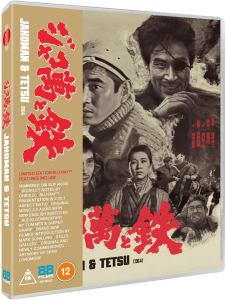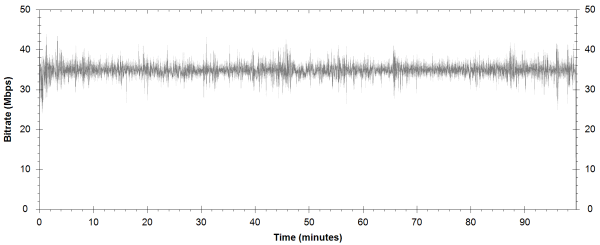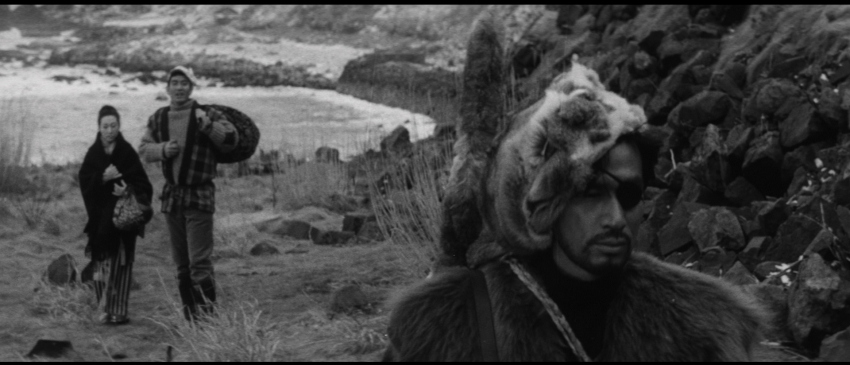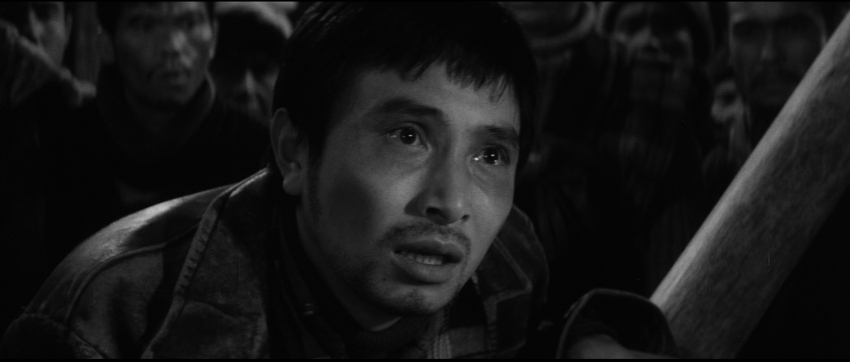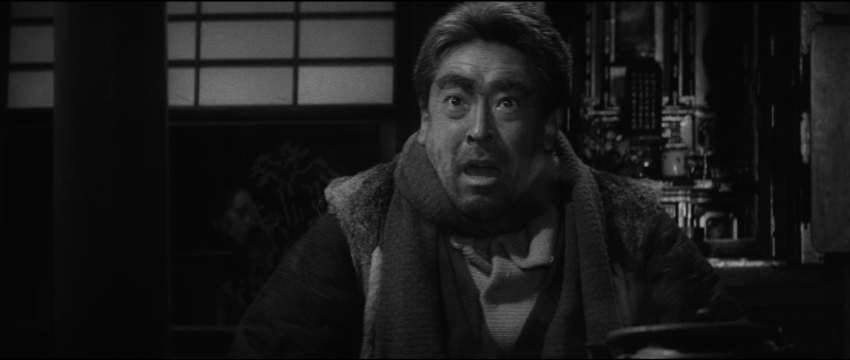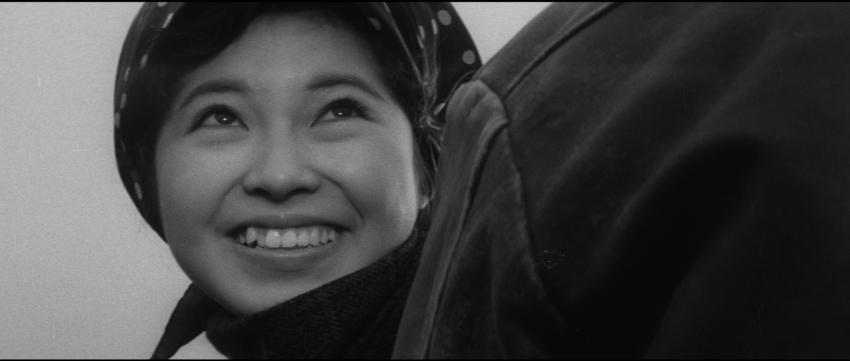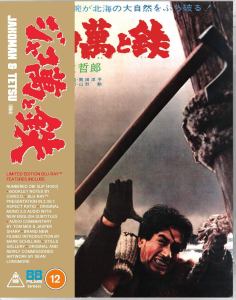|
Firstly, a massive thank you to our Patreon supporters. These supporters have become the single biggest contributing factor to the survival of DVDBeaver. Your assistance is essential to our survival.
What do Patrons receive, that you don't?
1)
Our
weekly
Newsletter
and
Calendar Updates
sent to your Inbox!
Please consider keeping us in existence with a couple of dollars or more each month (your pocket change! / a coffee!) so we can continue to do our best in giving you timely, thorough reviews, calendar updates and detailed comparisons. I am indebted to your generosity. |
![]()
![]()

![]()
![]()
|
Search DVDBeaver |
S E A R C H D V D B e a v e r |
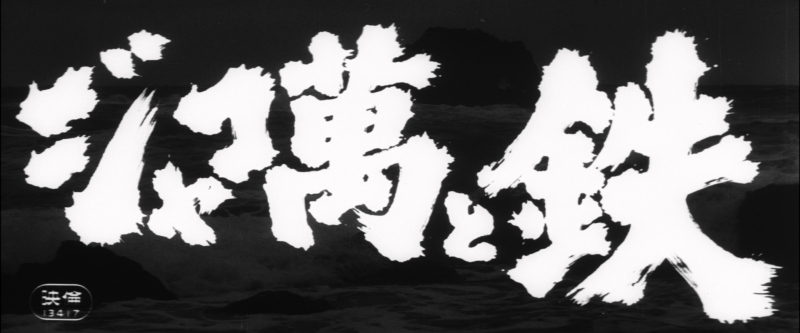
(aka "Jakoman to Tetsu" or "Jyakoman to Tetsu" or "Jakoman and Tetsu")
Directed by Kinji Fukasaku
Japan 1964
|
Jakoman and Tetsu is an early action masterpiece from Kinji Fukasaku (Battles Without Honor and Humanity, Battle Royale), adapted from a script written by the legendary Akira Kurosawa. Set in 1947 in a small coastal village among the majestic snowy landscapes of Japanís northernmost island of Hokkaido, Ken Takakura (the Abashiri Prison series, Ridley Scottís Black Rain) is Tetsu, the prodigal son who returns from the war to help out his father Kyubei with the family herring fishing business. His arrival coincides with that of a one-eyed miscreant named Jakoman, played by Tetsuro Tamba (Harakiri, You Only Live Twice), who bears a long-standing grudge against Kyubei and is intent on causing as much mayhem among the hordes of seasonal fishermen as possible. *** Jakoman and Tetsu (1964), directed by Kinji Fukasaku, is a Japanese drama set in March 1947 on the Shakotan Peninsula in northern Hokkaido, where aging fishery boss Kyubei struggles with financial uncertainty at the Shimamui fishing grounds. Adapted from a screenplay by Akira Kurosawa and Senkichi Taniguchi, based on Keizo Kajinoís novel Nishin gyogyo (Herring Fishery), the film follows Kyubei and his son-in-law Sōtarō as they hire migrant workers to fish for herring, only to face disruption from Jakoman, a one-eyed criminal seeking revenge for Kyubei stealing his boat and leaving him stranded on Sakhalin three years earlier. Near the seasonís end, Kyubeiís son Tetsu (Ken Takakura), presumed lost at sea, returns to confront Jakoman, aiming to restore peace through calm resolve and respect, in a story that blends social drama with themes of vengeance and redemption. |
Posters
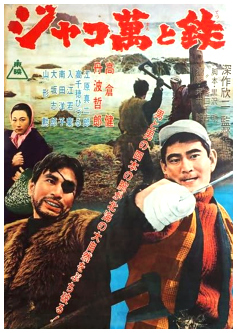 |
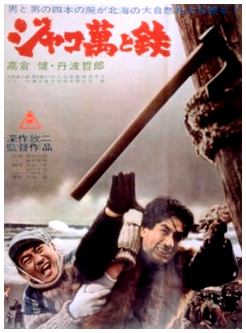 |
Theatrical Release: February 8th, 1964
Reviews More Reviews DVD Reviews
Review: 88 Films - Region FREE - Blu-ray
| Box Cover |
|
CLICK to order from: Bonus Captures: |
| Distribution | 88 Films - Region FREE - Blu-ray | |
| Runtime | 1:39:30.464 | |
| Video |
2.35 :1 1080P Dual-layered Blu-rayDisc Size: 35,466,433,606 bytesFeature: 29,402,136,576 bytesVideo Bitrate: 34.83 MbpsCodec: MPEG-4 AVC Video |
|
|
NOTE: The Vertical axis represents the bits transferred per second. The Horizontal is the time in minutes. |
||
| Bitrate Blu-ray: |
|
|
| Audio |
LPCM Audio
Japanese 2304 kbps 2.0 / 48 kHz / 2304 kbps / 24-bit Dolby Digital Audio English 448 kbps 2.0 / 48 kHz / 448 kbps / DN -31dB |
|
| Subtitles | English, None | |
| Features |
Release Information: Studio: 88 Films
2.35 :1 1080P Dual-layered Blu-rayDisc Size: 35,466,433,606 bytesFeature: 29,402,136,576 bytesVideo Bitrate: 34.83 MbpsCodec: MPEG-4 AVC Video
Edition Details: ē Audio Commentary By Tom Mes & Jasper Sharpē Brand New Filmed Introduction By Mark Schilling (18:22) ē Stills Gallery (1:03) Booklet Essay by Chris D. Original and Newly Commissioned Artwork by Sean Longmore
Transparent Blu-ray Case Chapters 10 |
|
| Comments: |
NOTE:
The below
Blu-ray
captures were taken directly from the
Blu-ray
disc.
NOTE: We have added 74 more large
resolution Blu-ray captures
(in lossless PNG format) for DVDBeaver Patrons HERE
On their
Blu-ray,
88 Films use a linear PCM dual-mono track (24-bit) in the
original Japanese language. The ambient soundscape of Jakoman and
Tetsu is a standout element, immersing viewers in the harsh,
isolated world of the Shakotan Peninsula. The sound design reflects the
meticulous attention to environmental detail typical of 1960s Japanese
cinema, particularly in social dramas that aimed for realism. The filmís
rural setting and focus on labor make ambient sounds a critical
component of its auditory identity. The film is saturated with the
sounds of the natural environment - howling winds, crashing waves, and
the creak of icy docks create a palpable sense of place. Jakoman and
Tetsu
has a soundtrack composed by Masaru Satō (Yakuza
Wives, The Sword of Doom,
Ebirah, Horror of the Deep,
Yojimbo,
The Bad Sleep Well,
Seven Samurai,
High and Low). Satōís score for this film is understated,
blending traditional Japanese instrumentation - the shamisen and taiko
drums - with Western orchestral elements to reflect the rural setting
and emotional stakes of the story. While not as iconic as his work on
Kurosawaís samurai epics, the score complements the filmís tone
without overshadowing its naturalistic soundscape. The dialogue is clear
and naturalistic, reflecting the rural dialect of Hokkaido fishermen
although I noticed a few sync issues. The uncompressed transfer does a
reasonably strong job exporting the film's audio. 88 Films offer optional English subtitles on
their Region FREE
Blu-ray.
The 88 Films
Blu-ray
Kinji Fukasaku's Jakoman and Tetsu
unfolds in March 1947 on the Shakotan Peninsula in northern Hokkaido, at
the Shimamui fishing grounds, where the aging fishery boss Kyubei (Isao
Yamagata) faces financial uncertainty after Japanís defeat in World War
II. The screenplay, adapted by
Akira Kurosawa and Senkichi Taniguchi from Keizo Kajinoís novel
Nishin gyogyo (Herring Fishery), centers on Kyubeiís
struggle to sustain his fishery during the herring season. He and his
son-in-law Sōtarō (Tetsuro Tamba) hire migrant workers, but tensions
arise with the arrival of Jakoman (Hideki Takahashi), a one-eyed
criminal seeking revenge. The narrative follows a three-act structure:
the first act establishes the post-war setting and Kyubeiís struggles,
the second act escalates with Jakomanís vengeful disruption, and the
third act resolves through Tetsuís return and mediation. The film
captures Japanís post-war economic hardship, particularly in rural areas
like Hokkaido. The Shimamui fishing grounds symbolize a microcosm of a
nation rebuilding - Kyubeiís financial woes reflect the broader collapse
of traditional industries after the war, while the migrant workers
embody the displacement and desperation of the era. Other Japanese films
similar to Jakoman and Tetsu would be, Kurosawa's 1948
Drunken Angel - it stands out as the most evocative, due to its
post-war setting, black-and-white realism, focus on marginalized
communities, and themes of redemption amidst societal decay.
When a Woman Ascends the Stairs (1960) by Mikio Naruse and
The Burmese Harp (1956) by Kon Ichikawa are also strong
parallels, sharing the focus on post-war struggle, moral complexity, and
a monochromatic aesthetic. These films, all from Japanís post-war
cinematic golden age, reflect a shared concern with the human cost of
war and the search for healing, making them ideal companions to
Fukasakuís early work. Despite the video warts this 88 Films Blu-ray
is a valuable addition to the canon of 1960s Japanese cinema, offering a
window into Fukasakuís early style and the post-war era.
|
Menus / Extras
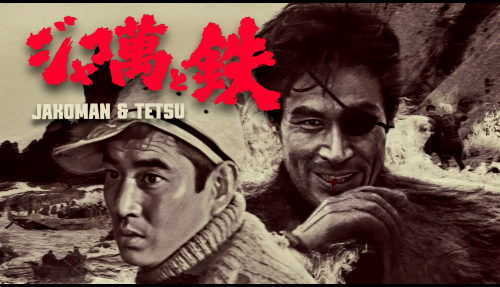 |
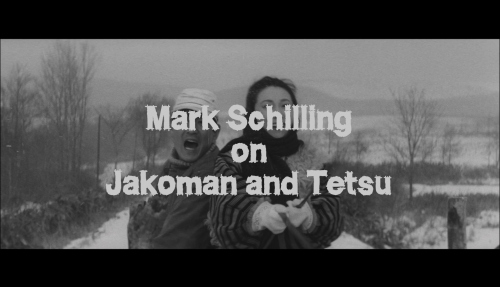 |
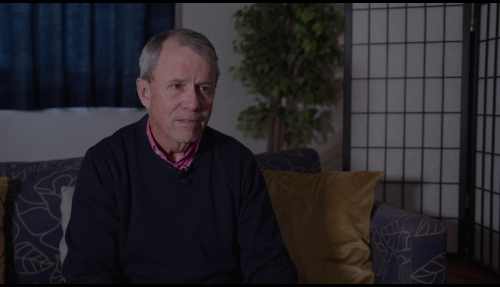 |
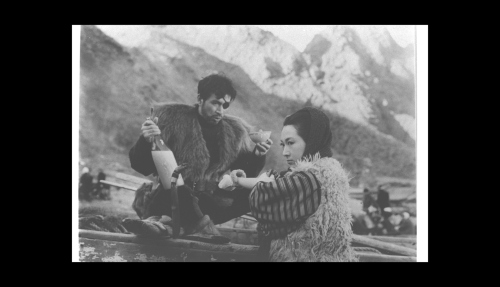 |
CLICK EACH BLU-RAY CAPTURE TO SEE ALL IMAGES IN FULL 1920X1080 RESOLUTION
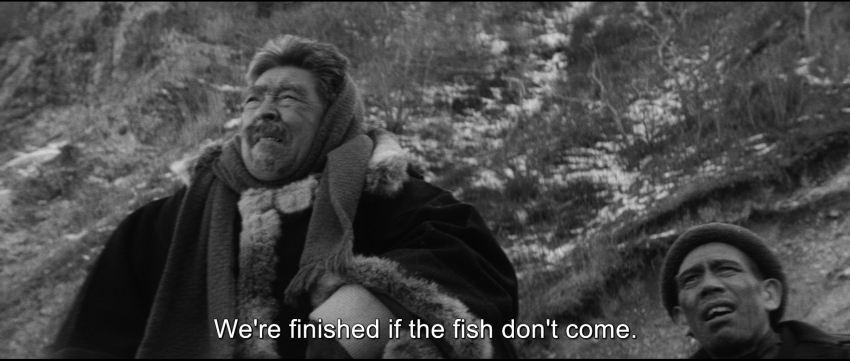 |
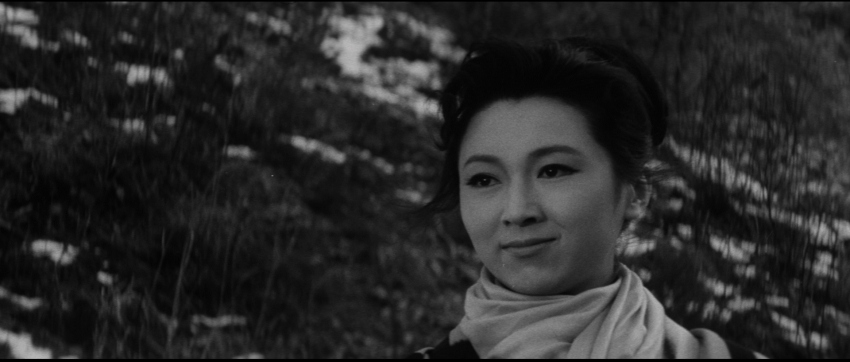 |
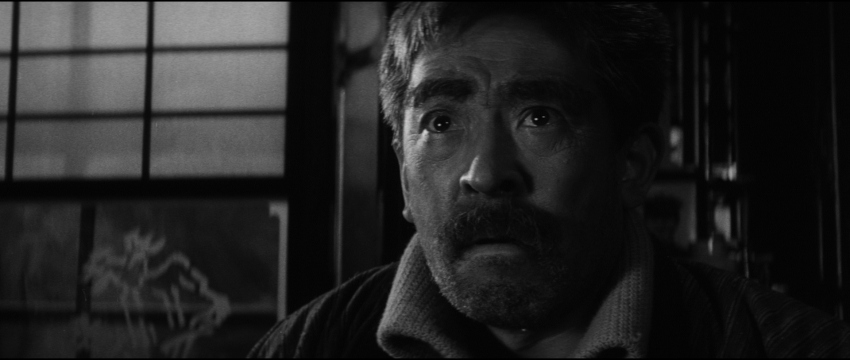 |
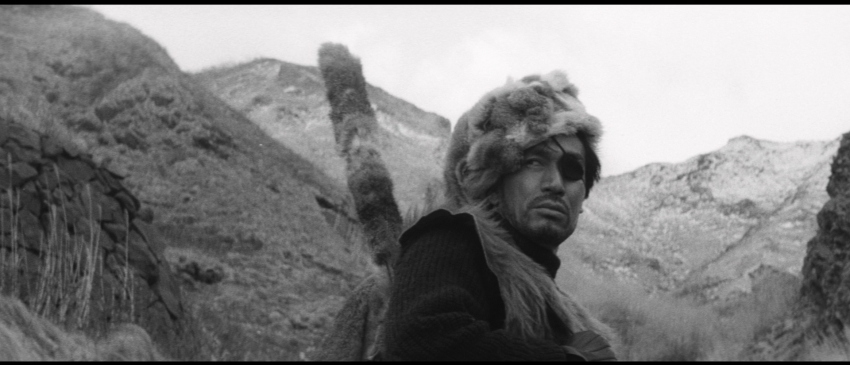 |
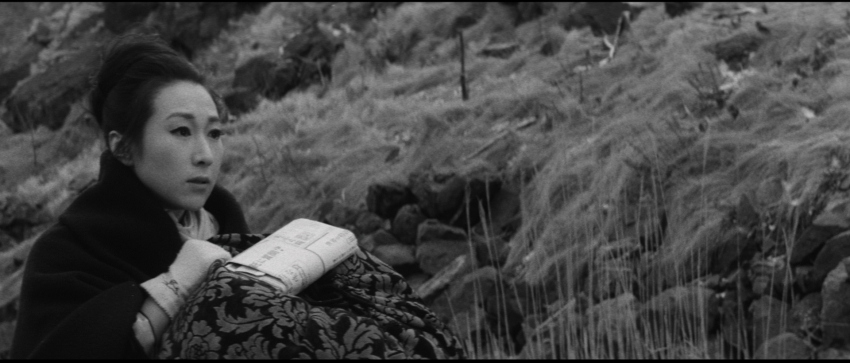 |
More full resolution (1920 X 1080) Blu-ray Captures for DVDBeaver Patreon Supporters HERE
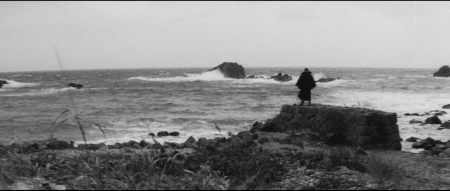 |
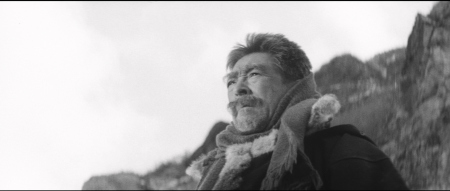 |
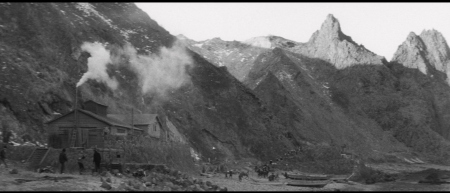 |
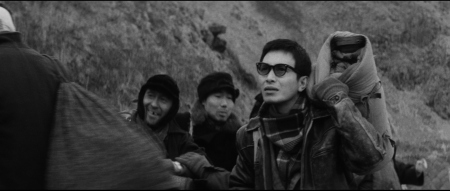 |
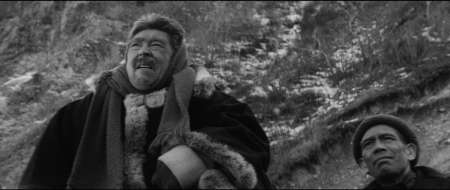 |
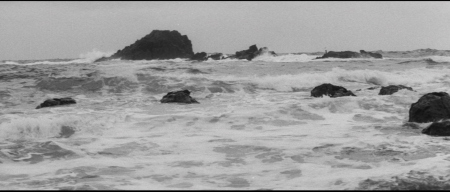 |
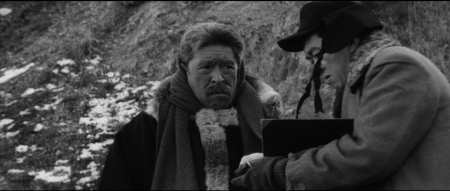 |
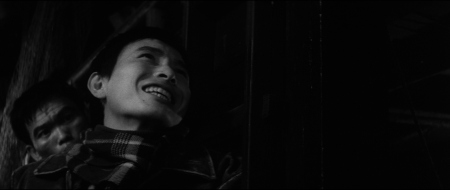 |
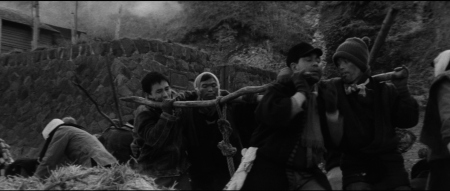 |
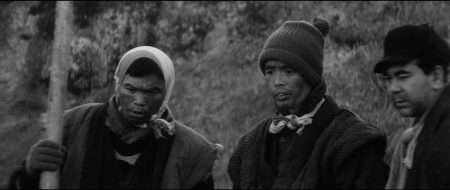 |
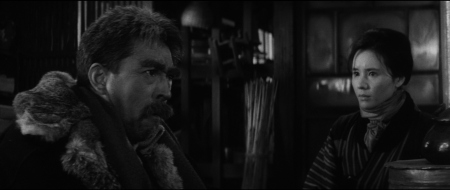 |
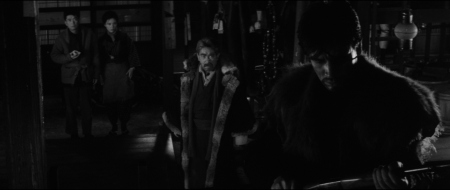 |
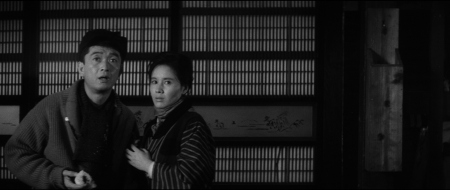 |
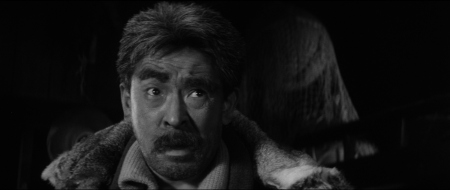 |
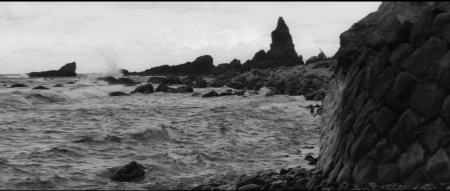 |
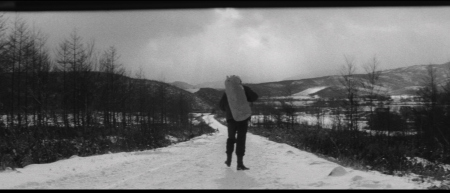 |
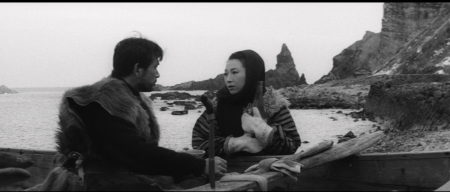 |
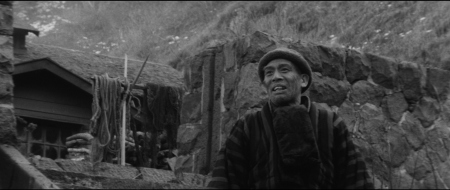 |
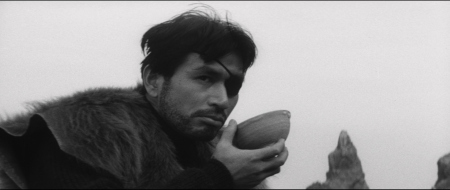 |
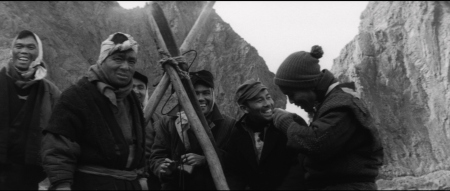 |
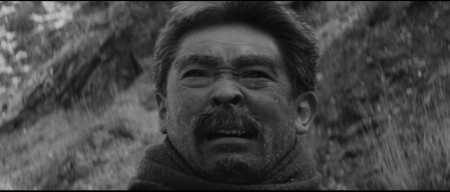 |
 |
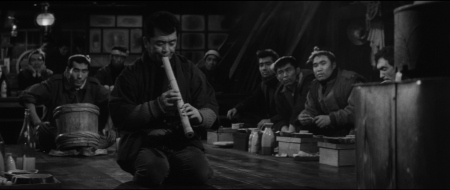 |
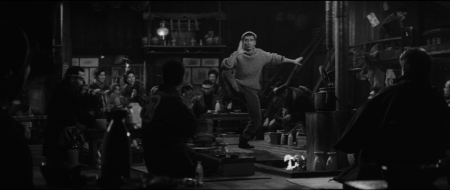 |
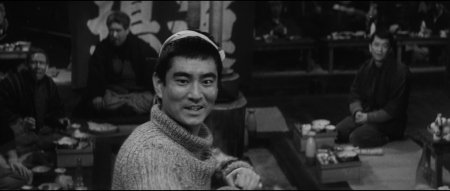 |
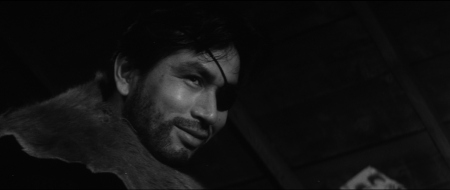 |
 |
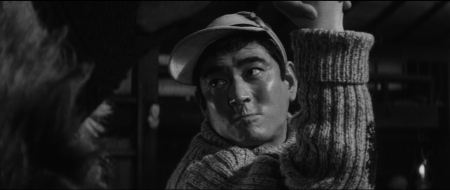 |
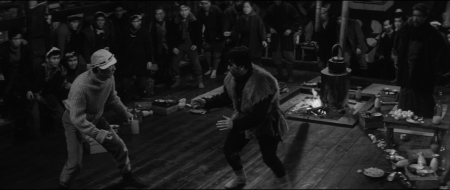 |
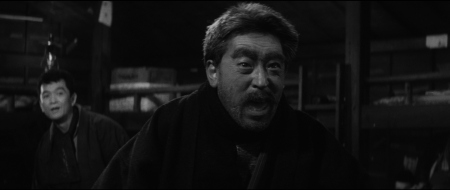 |
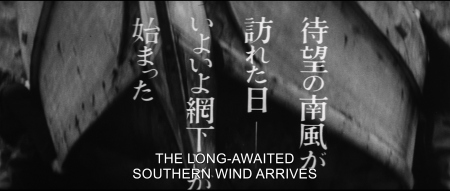 |
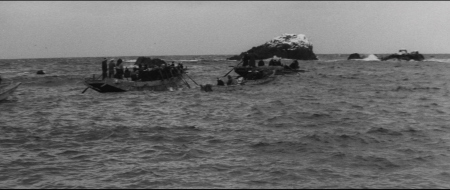 |
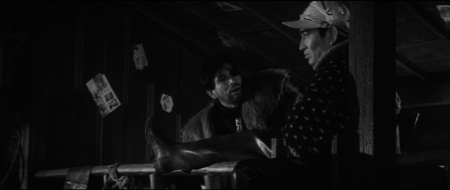 |
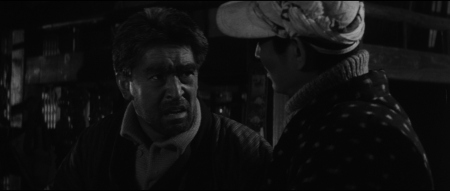 |
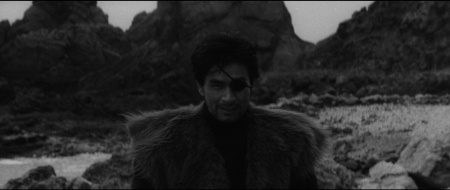 |
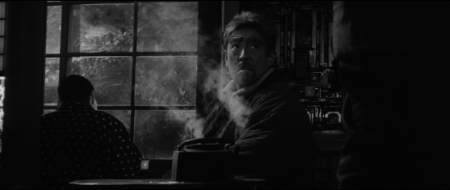 |
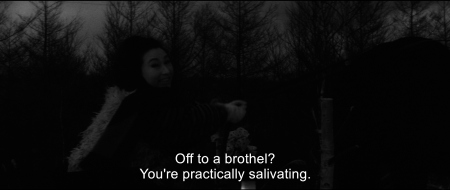 |
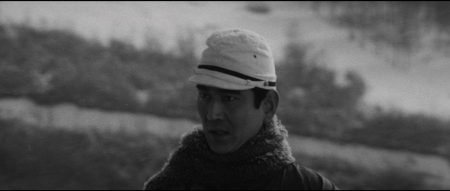 |
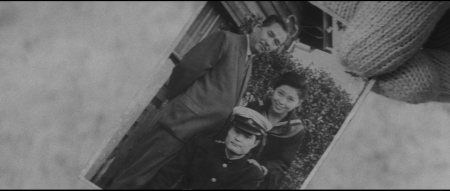 |
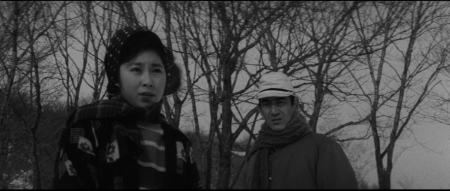 |
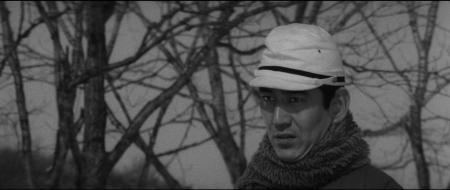 |
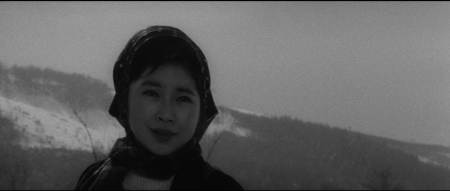 |
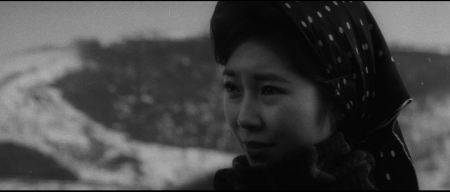 |
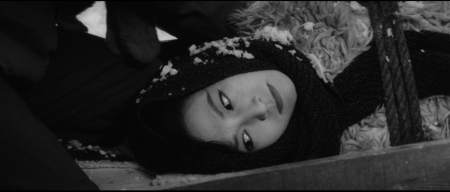 |
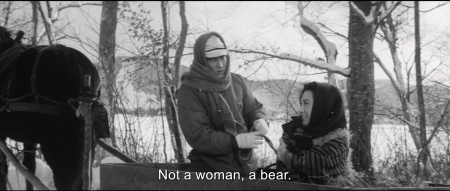 |
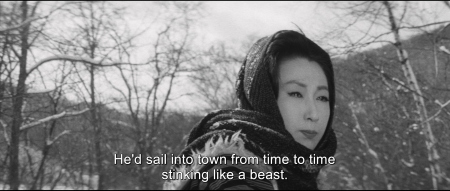 |
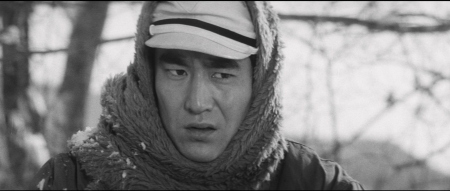 |
 |
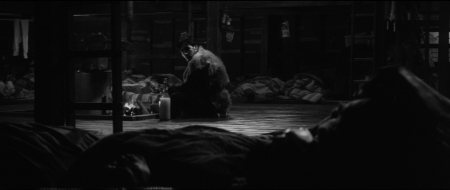 |
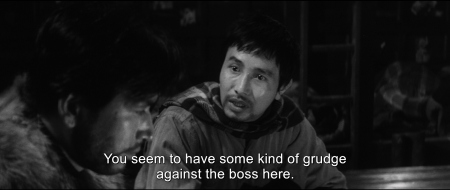 |
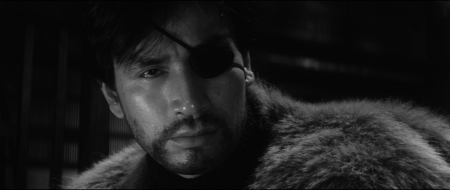 |
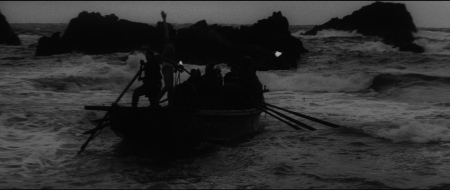 |
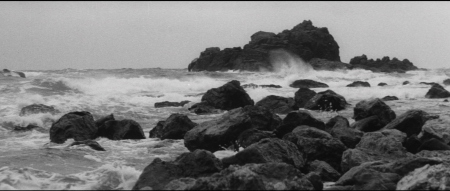 |
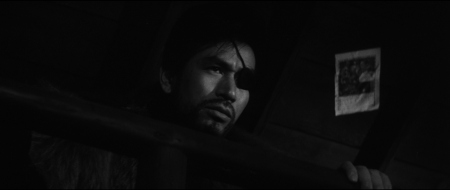 |
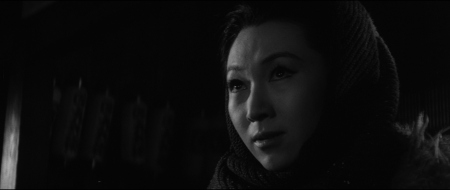 |
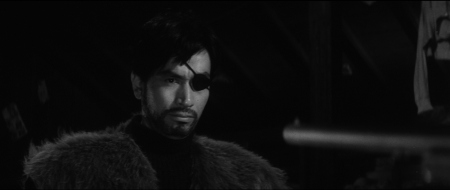 |
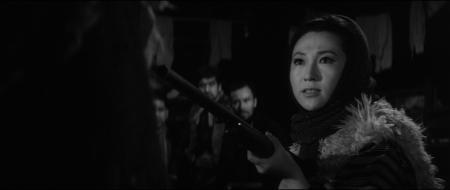 |
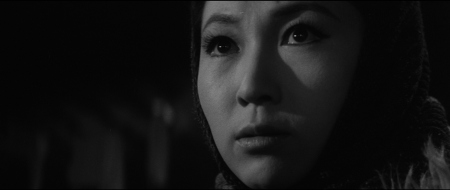 |
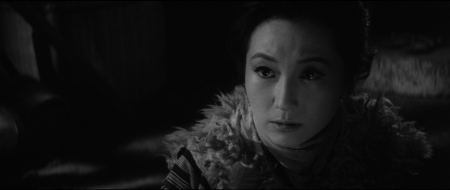 |
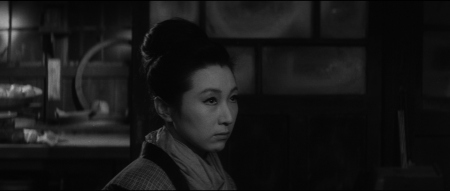 |
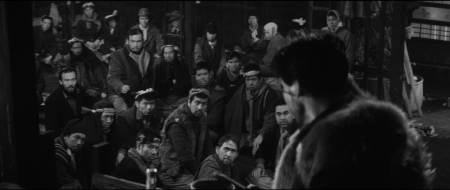 |
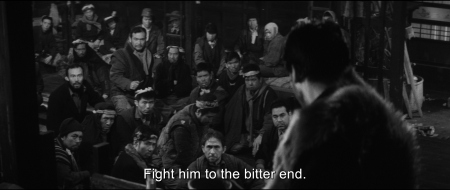 |
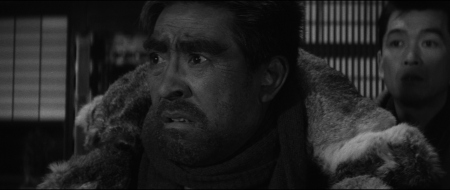 |
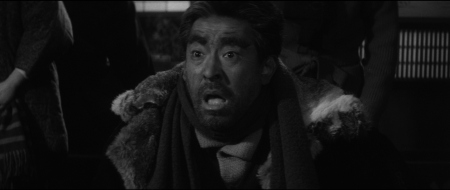 |
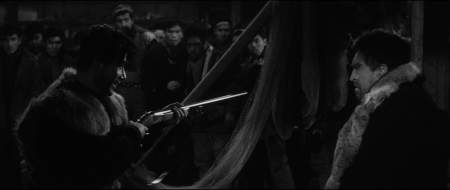 |
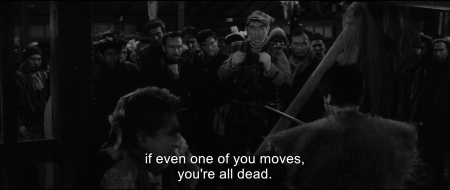 |
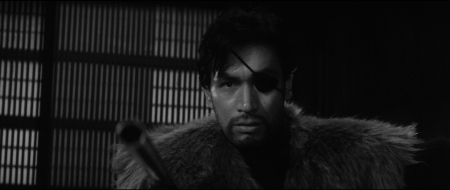 |
 |
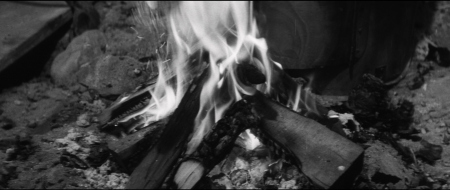 |
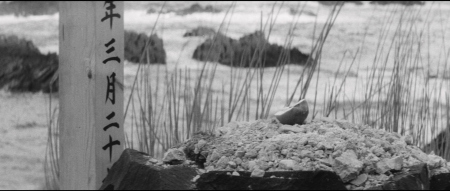 |
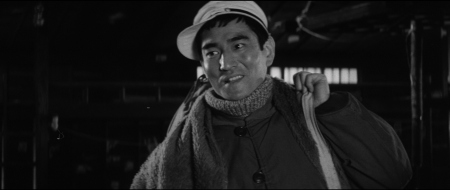 |
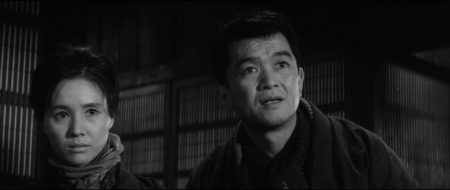 |
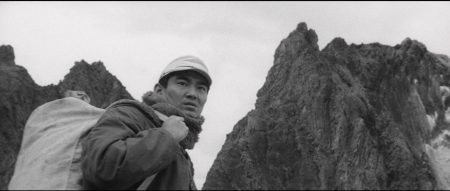 |
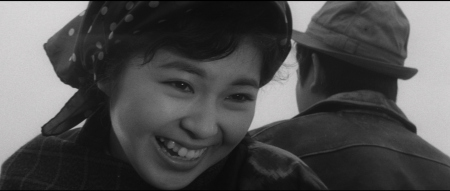 |
| Box Cover |
|
CLICK to order from: Bonus Captures: |
| Distribution | 88 Films - Region FREE - Blu-ray | |
![]()
![]()

![]()
![]()
|
Search DVDBeaver |
S E A R C H D V D B e a v e r |



